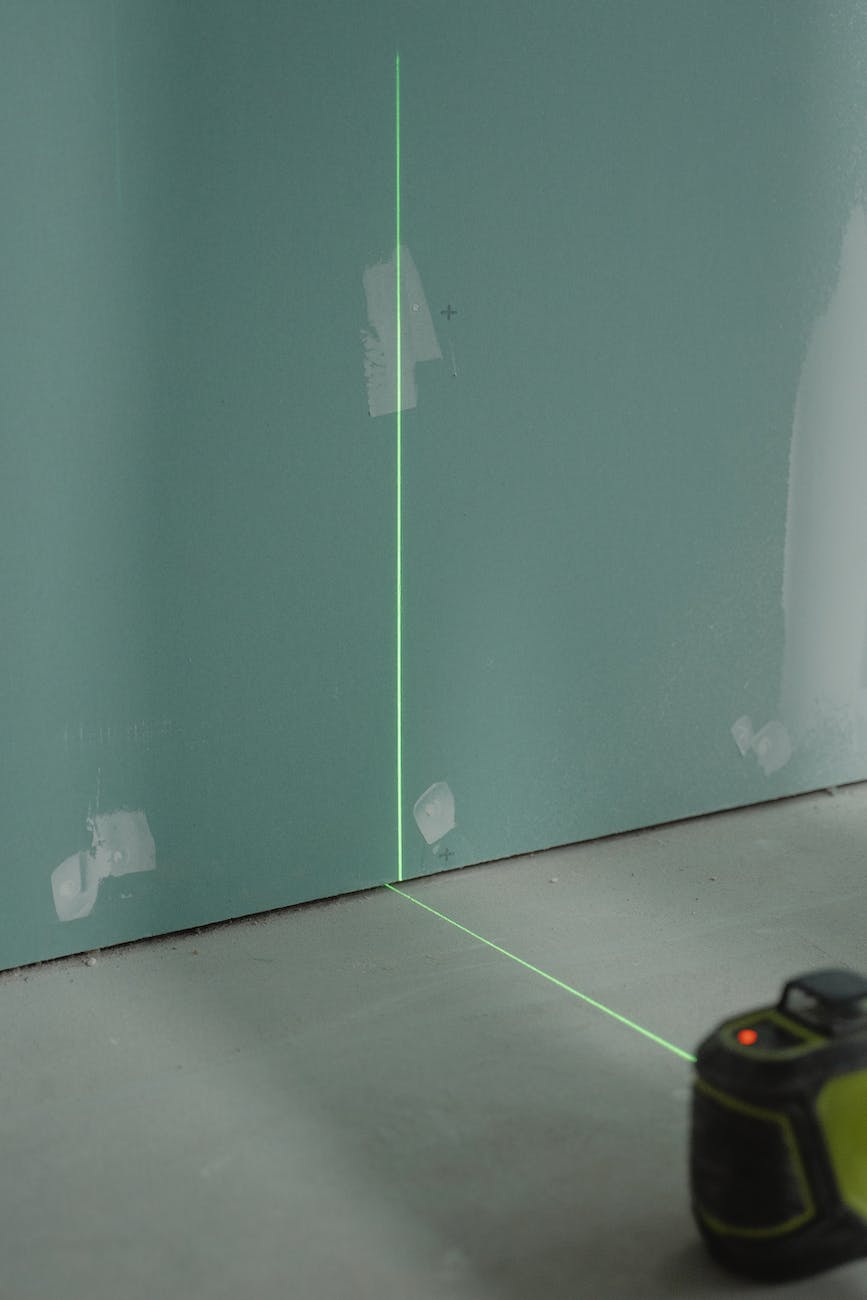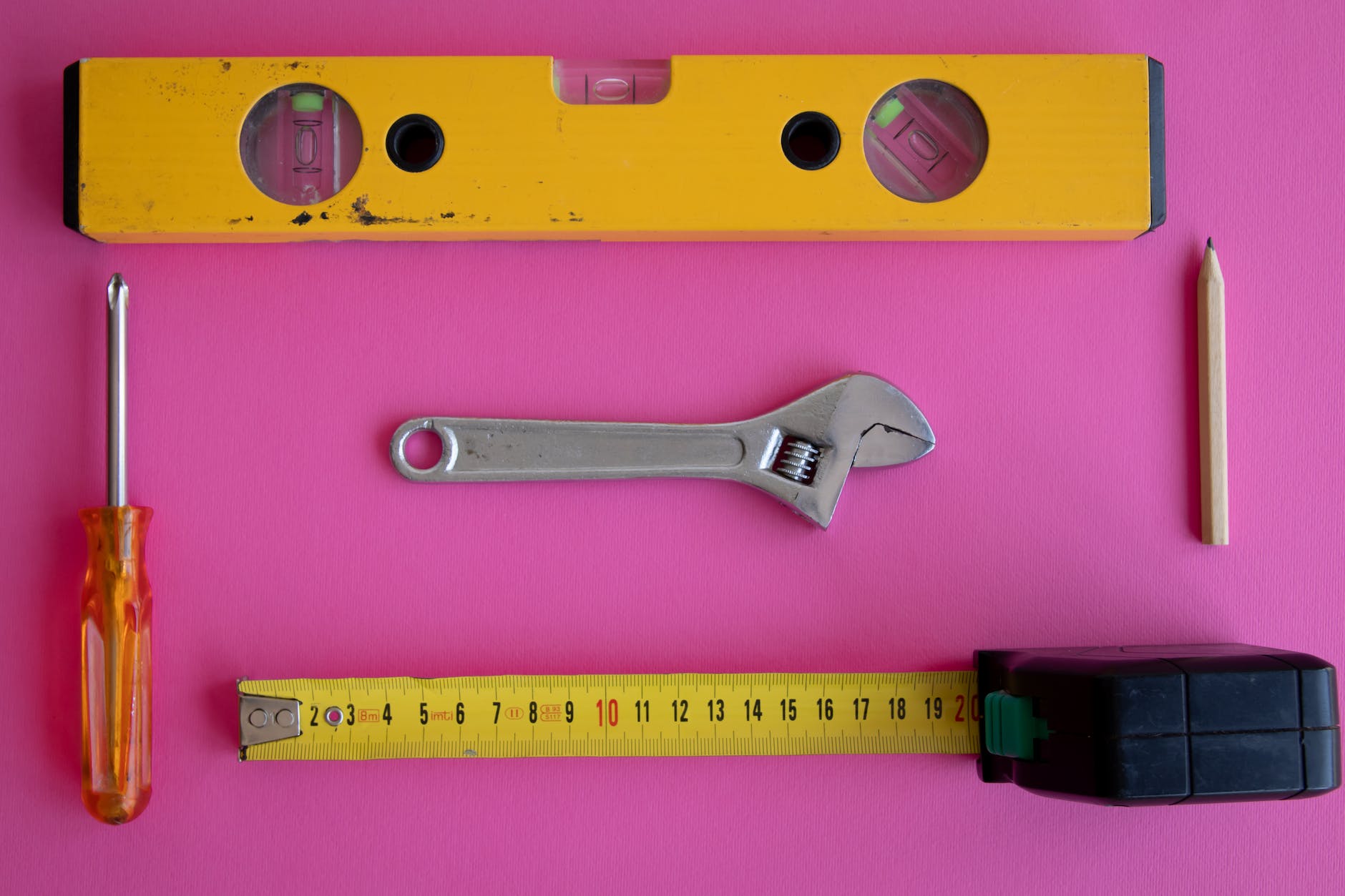The Application of Laser Levels in Modern Construction


In the world of construction, precision is paramount. The success of any construction project depends on accurate measurements and precise alignment. This is where laser levels play a crucial role. Laser levels offer a high level of measurement precision, making them an essential tool in modern construction processes. In this article, we will explore the various applications of laser levels in the construction industry.
Laser Levels in Construction
Construction projects involve a range of activities that require precise measurement and alignment. Laser levels, with their ability to project precise horizontal and vertical lines, simplify these tasks significantly. From setting the foundation to aligning walls and installing electrical and plumbing systems, laser levels are indispensable in ensuring accurate and level surfaces.
Measurement Precision and Accuracy
When it comes to accuracy, laser levels are unrivaled. Traditional leveling methods such as using a builder's level or a theodolite can be time-consuming and prone to human error. Laser levels eliminate these drawbacks, providing precise measurements and a high level of accuracy in a fraction of the time. The laser beam emitted by these devices ensures consistent measurement across an entire construction site, enhancing overall efficiency.
Construction Process Automation
Laser levels not only improve measurement precision but also contribute to the automation of construction processes. With the help of laser levels, construction workers can perform tasks that would otherwise be labor-intensive and time-consuming. For example, grading and excavation work can be completed more efficiently by utilizing laser levels to guide machinery accurately. This automation saves time, reduces costs, and minimizes errors during the construction process.
Geodesy and Laser Level Calibration
Geodesy, the scientific discipline concerned with the measurement and representation of the Earth's surface, also benefits from the application of laser levels. Through laser level calibration and proper alignment, geodetic surveys can achieve a higher level of precision and accuracy, enhancing the overall reliability of geodetic data. This data plays a vital role in various engineering surveys, enabling engineers to make informed decisions based on accurate measurements.
Levels of Accuracy
Laser levels offer varying levels of accuracy to cater to different construction requirements. The accuracy of a laser level is often specified by a tolerance value, indicating the permissible difference from the true level or plumb line. The range of accuracy may vary depending on the laser level model and intended application. Construction professionals can select the appropriate laser level based on their project's specific needs.
Elevation Work
Elevation work is a crucial aspect of construction, ensuring the desired height and slope for various structures. Laser levels provide a reliable means of measuring and maintaining accurate elevation. By projecting a clear vertical line, laser levels assist in setting precise elevation benchmarks for tasks such as constructing floors, installing suspended ceilings, or aligning railings. This eliminates guesswork and facilitates consistent elevation throughout the construction process.
Conclusion
In conclusion, laser levels have revolutionized modern construction by offering unparalleled measurement precision, automation of processes, and increased levels of accuracy. Their application extends from basic elevation work to advanced engineering surveys. By utilizing laser levels, construction professionals can achieve efficient and accurate results, ultimately ensuring the success of their projects.